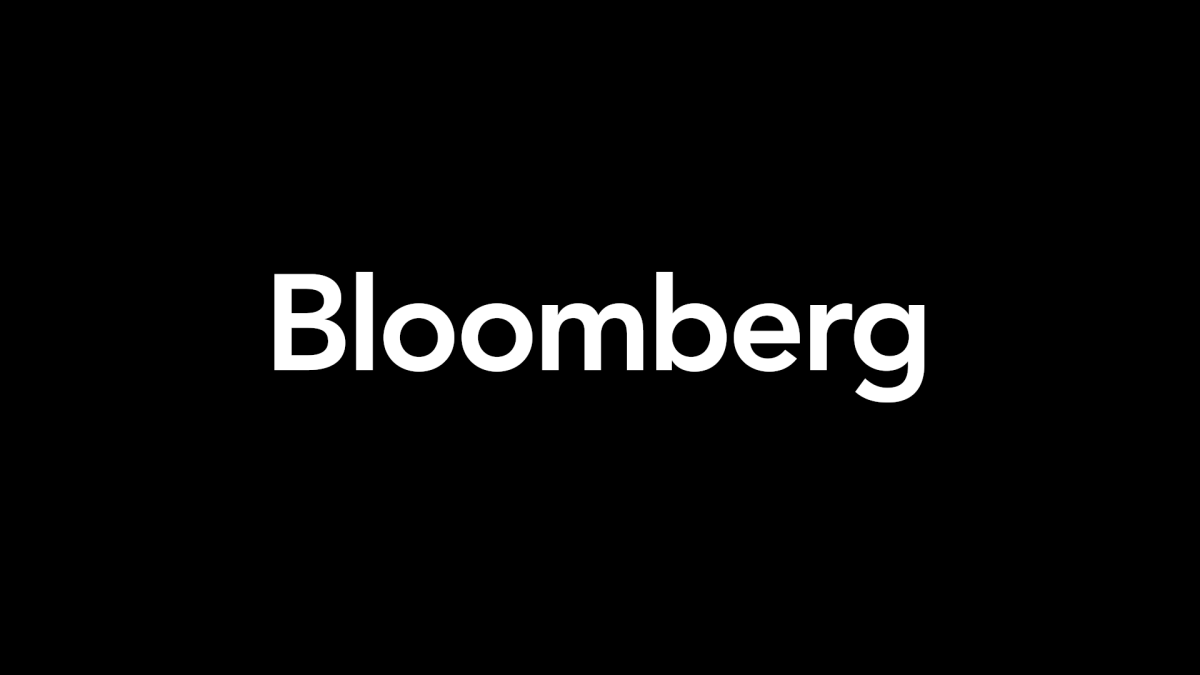
(Bloomberg) — French markets rallied and the euro gained on bets that Marine Le Pen’s National Rally was on track to win the first round of France’s legislative election by a smaller margin than some polls had indicated, making it less likely that the far-right would secure an outright majority.
Most read on Bloomberg
CAC 40 stock futures rose nearly 3% and the euro rose 0.6% to $1.0772, its highest level since mid-June. The French 10-year bond rose, narrowing the yield spread over German bonds to 73 basis points, the lowest in two weeks. A gauge of European credit risk fell to its lowest level since June 13.
Initial projections showed Le Pen’s far-right party ahead of the centrist alliance of President Emmanuel Macron and the leftist New Popular Front, but with potentially fewer votes than it needs to secure an outright majority after a runoff. election on July 7. That would slow down the legislative process and limit the National Rally’s ability to push its policies.
Investors have worried that a strong performance by Le Pen’s National Rally would increase the chances of an expansionary fiscal policy, putting the country’s bloated fiscal accounts in stark relief and further clouding the outlook for the common currency.
“We have a week of negotiations ahead of us,” said Joachim Klement, head of strategy, economics and ESG at Panmure Liberum. Klement expects the euro to strengthen during the week as alliances are formed to reduce the gains of Le Pen’s party.
What Bloomberg Strategists Say…
If the leftist alliance “aims to prevent Le Pen’s group from gaining a majority in the crucial second round, it has far-reaching implications for the gap between France and Germany and, indeed, for the euro. If the result is that we will have a more centrist government, it would be positive for the currency and would portend a tighter spread.”
— Ven Ram, Cross-Asset Strategist at MLIV
According to the analysis of five polling companies carried out on Sunday night, it is estimated that the National Rally party will obtain up to 34% of the votes. The latest Bloomberg poll on Friday put them at 36.2%.
The leftist New Popular Front coalition was expected to get around 29% and Macron’s centrist alliance between 21% and 22%, projections on Sunday showed.
“The fiscal policies of both sides are detrimental to the French economy and the outlook for French debt,” said Vincent Juvyns, global market strategist at JPMorgan Asset Management, referring to the National Rally party and the New Popular Front coalition. “For me, we still have to wait and see what happens.”
Macron and Le Pen’s other opponents are already strategizing how to keep the far-right party out of power, and any sign of progress is likely to bolster the case for a relief rally.
If the alliances being formed to block Le Pen from absolute power begin to look credible, French markets would likely recover, according to Kathleen Brooks, research director at XTB.
“A hung parliament could make it difficult to get anything done in France in the current parliament, which is exactly what the markets would like,” he said.
Still, strategists warn that volatility is likely ahead as the electoral calculus becomes more complicated in the runoff, when parties may strategically hold onto candidates in certain constituencies to give a boost to a centrist candidate.
Volatility is only a certainty for traders analysing French results
Macron’s decision to call early elections in early June sent markets into a tailspin.
His party, which supports big spending cuts to rein in France’s budget deficit, suffered a crushing defeat in the European parliamentary elections. Meanwhile, National Rally has touted some big-ticket budget measures, including cutting the energy and fuel sales tax.
In the past two weeks, the extra yield investors demand to hold their 10-year French bonds instead of safer German debt has soared to more than 80 basis points, levels last seen during the euro zone sovereign debt crisis. The euro has fallen to its lowest level since early May.
Fiscal pressures
It is difficult to see a “material and sustainable recovery” in French yields, said Peter Goves, head of developed markets sovereign debt research at MFS Investment Management.
“Uncertainties are high, French fundamentals have not changed and the final outcome is still unknown and unknowable due to the large number of three-way contests that complicate matters,” he said.
France’s budget deficit, which is expected to reach 5.3% of output this year, is already well above the 3% of economic output allowed under European Union rules. The International Monetary Fund projects that, without further action, debt will rise to 112% of economic output in 2024 and rise by around 1.5 percentage points a year over the medium term.
–With the help of Allegra Catelli, Julien Ponthus and Farah Elbahrawy.
(Updates market movements).
Most read from Bloomberg Businessweek
©2024 Bloomberg LP
